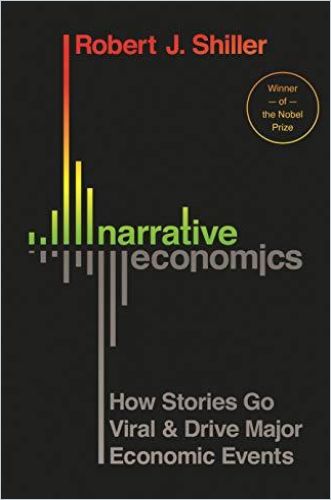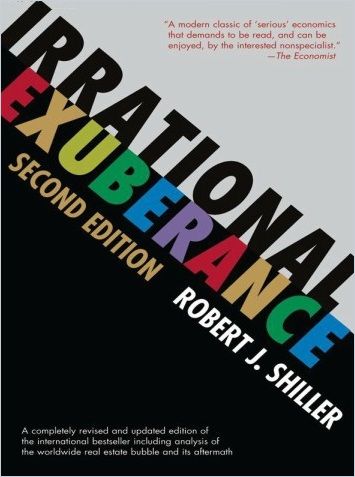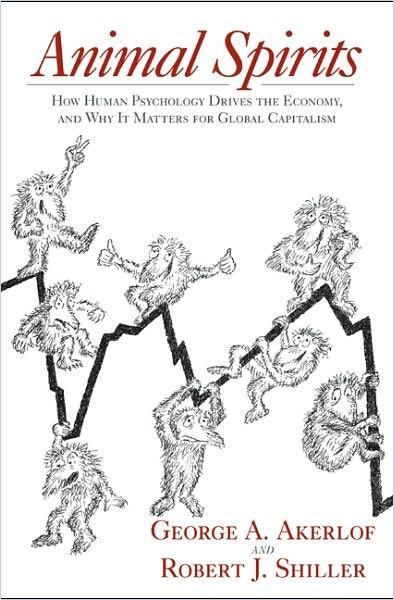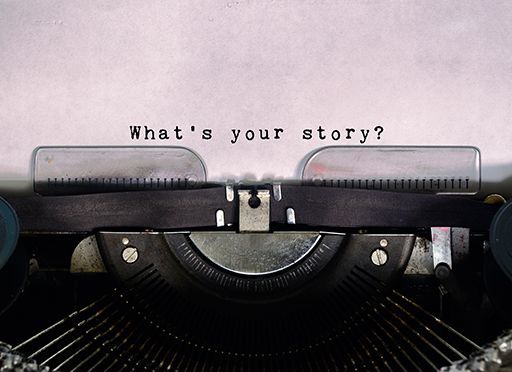“Public Attention Is Not Awarded Rationally. It Has To Be Carried by a Story”

getAbstract: Robert, a theme in your recent books is that humans aren’t rational actors and that theories like efficient-market hypothesis don’t capture reality. How does that theme fit into Narrative Economics?
Robert Shiller: It’s not just about financial markets. It’s broader. I’m trying to argue that to understand the future, we have to think about how thinking changes. It’s a little different from behavioral economics because I’m interested in how people think. People tell each other stories, and it changes their thinking. Economists want to be scientific, but they tend to miss evidence on how thinking is changing.
Economic history is a succession of stories.
We have to be like literary scholars and understand what makes for a good story. People like fantastic stories – strong, fantastic stories. In the media, there’s a predilection for asking economists, “Will there be a recession in 2020?” They don’t ask the other question: “There will be a recession sometime, but will there be a bad one?” I’m worried the next recession will be worse than average because of the narratives. The narrative around the trade war is causing fear.
In Narrative Economics, you cite Bitcoin as an example of a narrative.
I like that example because it’s current. People know about it. The interest in bitcoin is very strong. These coins have developed a value in the market of over $300 billion. There’s no reason it should succeed, other than people believe in it. There was recently the news that the creators of the lithium-ion battery won the Nobel Prize in chemistry. That’s a much more significant advance than Bitcoin – 10 times more significant. But nobody knows who they are – well, they do now that they’ve won the Nobel Prize. But I don’t think public attention is awarded rationally. It has to be carried by a story.

In the book, you describe asking Bitcoin enthusiasts to explain the technology behind the cryptocurrency, and they can’t.
We can’t explain lithium-ion batteries either, but we have a sense that it’s impressive.
I don’t think even the framers of Bitcoin fully understand it.
You need to study game theory, mathematical economics, to even think about it. The underlying algorithm dates back to the 1970s. It involves a public key and a private key. It’s kind of interesting. There were three creators, but nobody remembers them.
You closely follow the housing market, and that bubble and crash was far more important than Bitcoin. What narratives surrounded the real estate bubble?
That’s a complicated story. There was a constellation of narratives. Somehow it became attached to the American dream; that was one narrative. In the short term, there were a lot of stories about house flippers. That was another story. It appealed to a lot of people because anyone was allowed to do it. A lot of us think about interior decoration – we think about redecorating our houses. Then there’s the narrative of government support. We have Fannie and Freddie. We have VA and FHA. These are all parts of the narrative.
I think the slowness to recover after 2009 represented a rejection of narratives that had gotten strength during the bubble.
One of the narratives in home-flipping books during the bubble was to use other people’s money. Don’t be afraid to lever up. People who had taken on a lot of debt were admired. But after 2009, these people were discredited. People didn’t really want to borrow. They paid down their credit card debt.

Since 2001, the getAbstract International Book Award has been presented annually to books that make a particularly important contribution to current economic, social and business-related topics. In this anniversary year, the prize will be awarded symbolically through a series of interviews and digital events. Find out more here.
What other potentially damaging narratives are circulating?
I talk in my book about perennial narratives. They’re narratives that fade away, and then they mutate and come back. The artificial intelligence narrative has the real potential to cause problems by scaring people and causing them to be hesitant to spend money. The narrative of the Great Depression is powerful today. People know about the stock market crash of 1929, and they know about Franklin Roosevelt saying, “The only thing we have to fear is fear itself.” They’re part of our heritage. But these narratives didn’t capture the full story. A lot of people thought in the Great Depression that they couldn’t get a job if they lost one to a machine. They talked about it in different terms, but the fear of automation was very real. One example in my book was dial telephones. Before dial telephones, you had to pick up a receiver and talk to the operator. So, when they first developed dial telephones, people thought the women who worked as telephone operators would lose their jobs.
Is the history of narratives also the history of booms and busts?
I’m inclined to say yes. You could put it the other way around and say:
Booms and busts are caused by narratives.
I was impressed by a book written in the early 1930s by Aaron Sakolski, The Great American Land Bubble. The opening line was, “America at its origin is a bubble.” He said America was populated initially by people who thought land was cheap here, and it’s expensive in Europe, so it’s got to go up. There were lots of schemes to sell land to Europeans. What were they thinking back then? They were reading about Davy Crockett and getting excited. Those stories tended to attract a certain type of person.
Is the human brain wired to respond to stories rather than data or analysis?
I think so. In my book, I talk a little about neuroscience. I quote Wilder Penfield, who as a neuroscientist was implanting electrodes in conscious people’s brains, and then shocking their brains. When he hit certain spots in the brain, they would want to tell a story. There are attached emotions. One of those is anger. It’s not just about confidence, but also about anger at the economic system. People get mad and they withhold their participation in the economy as a personal boycott.
We hear a lot about the student debt bubble and the $1.5 trillion in education loans held by Americans. What are the narratives around student loans?
The necessity of getting a college degree at a good place is part of the lore of our times. You could enroll at Harvard and drop out after one year to found a business. That’s the greatest story. But most people don’t come up with a great idea after a year, so they stay in college for four years. There is a script for a successful person, and it involves getting a college degree from a good place – and that encourages people to go into debt.
Are you working on another book?
Not yet. I’m still on the tour for this book. I don’t know what I’ll do next, but I am working on a paper for the American Economic Association about the narratives of the current economic boom. I’m trying to understand why retail sales are holding up. They were late to recover, and then they’ve held up in the US even as they’ve pulled back in other parts of the world. I don’t know why that is.
Robert J. Shiller is a Nobel Prize-winning economist and the author of New York Times bestseller Irrational Exuberance and the co-author of Animal Spirits. He is a professor of economics at Yale University and co-creator of the widely watched Case-Shiller index of US home values.
Next steps
getAbstract has summarized many of Robert Shiller’s books and papers, including Irrational Exuberance, Animal Spirits, and The Subprime Solution.
If you want to learn more about the power of narratives, here are our channels on Storytelling and our all-time Literary Classics. More related channels at getAbstract: Financial Markets, Behavioral Finance, Robert Shiller.









